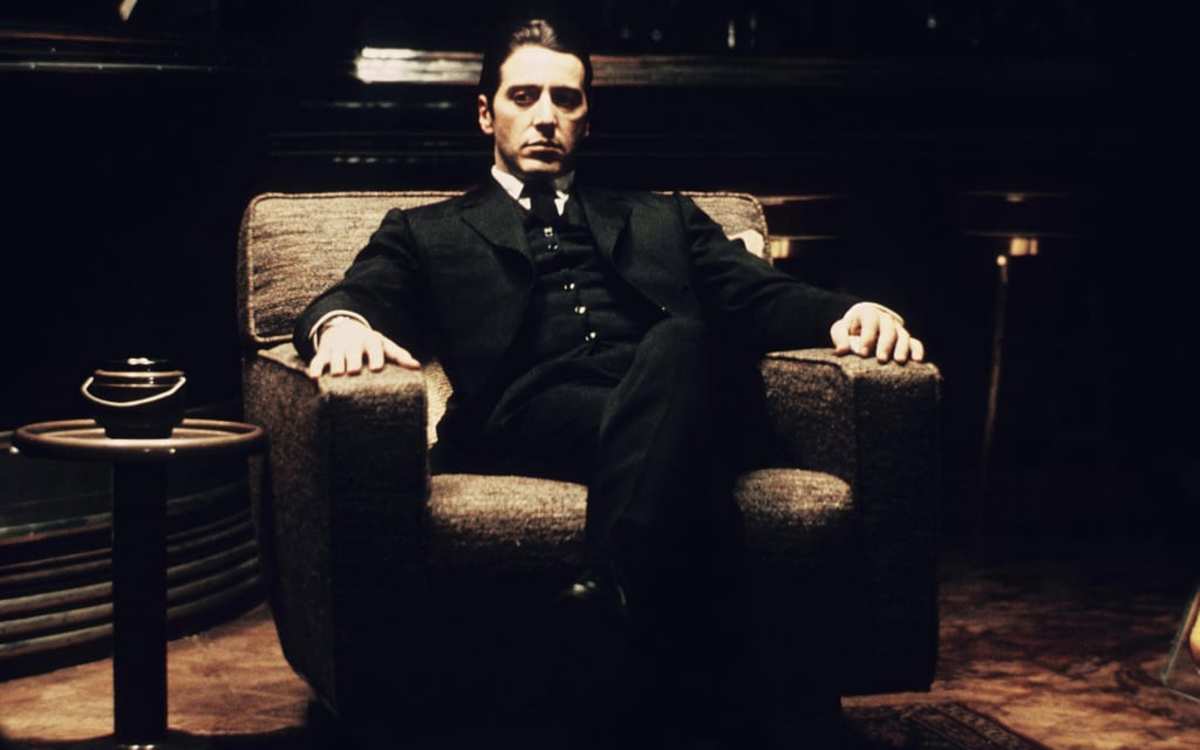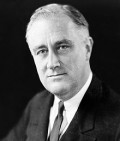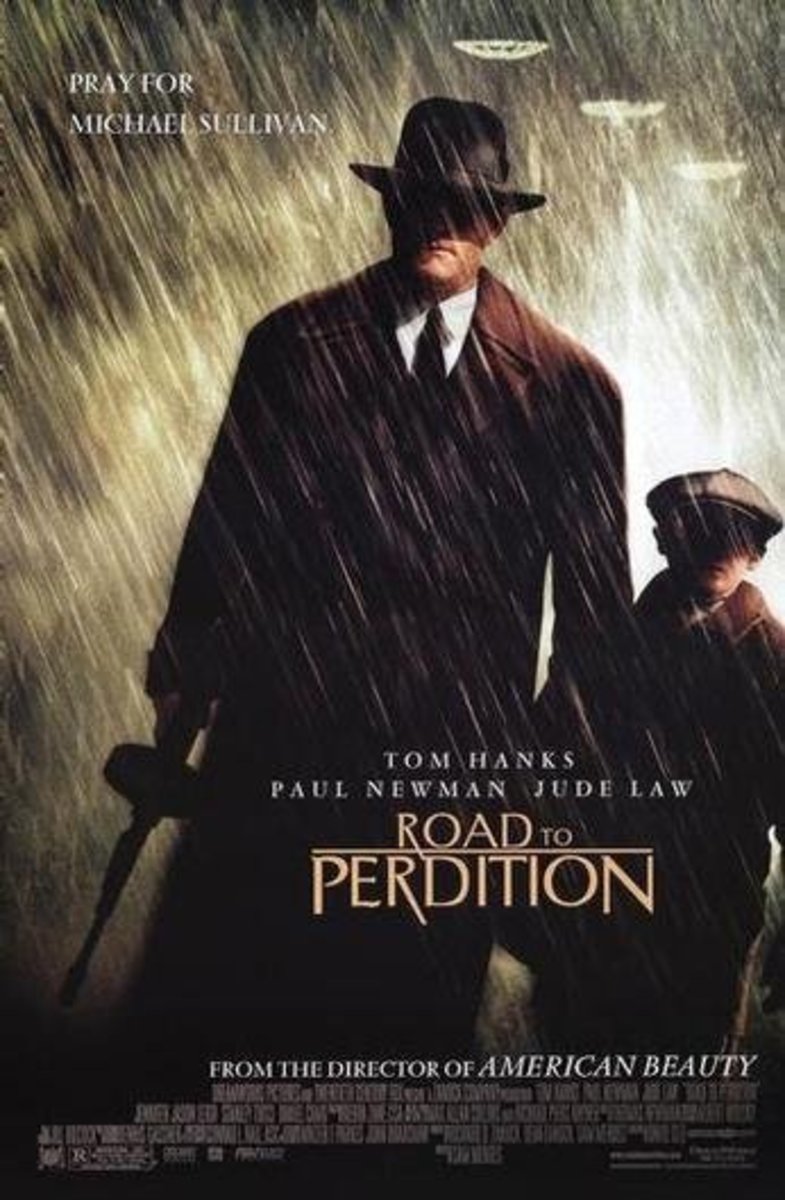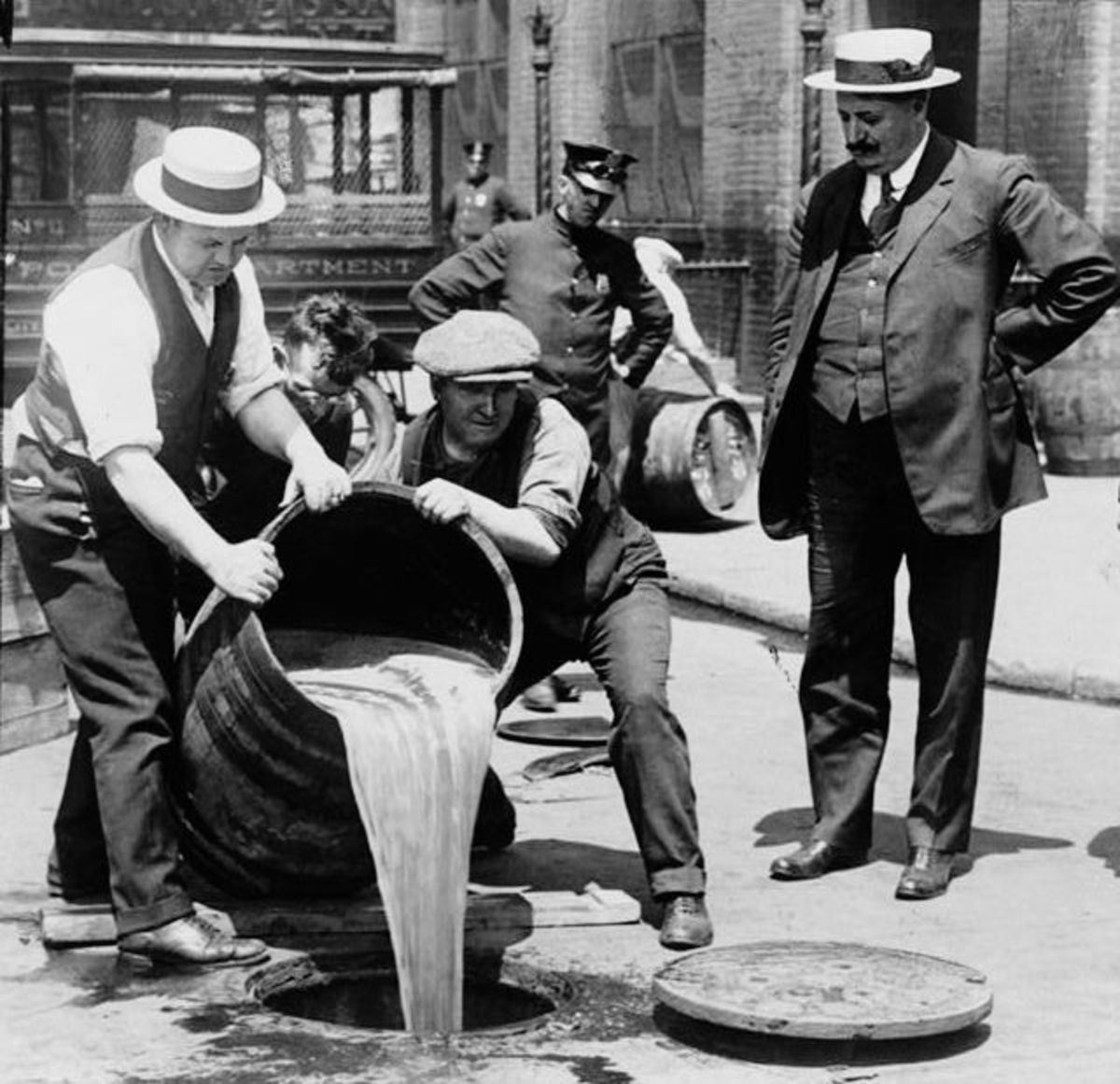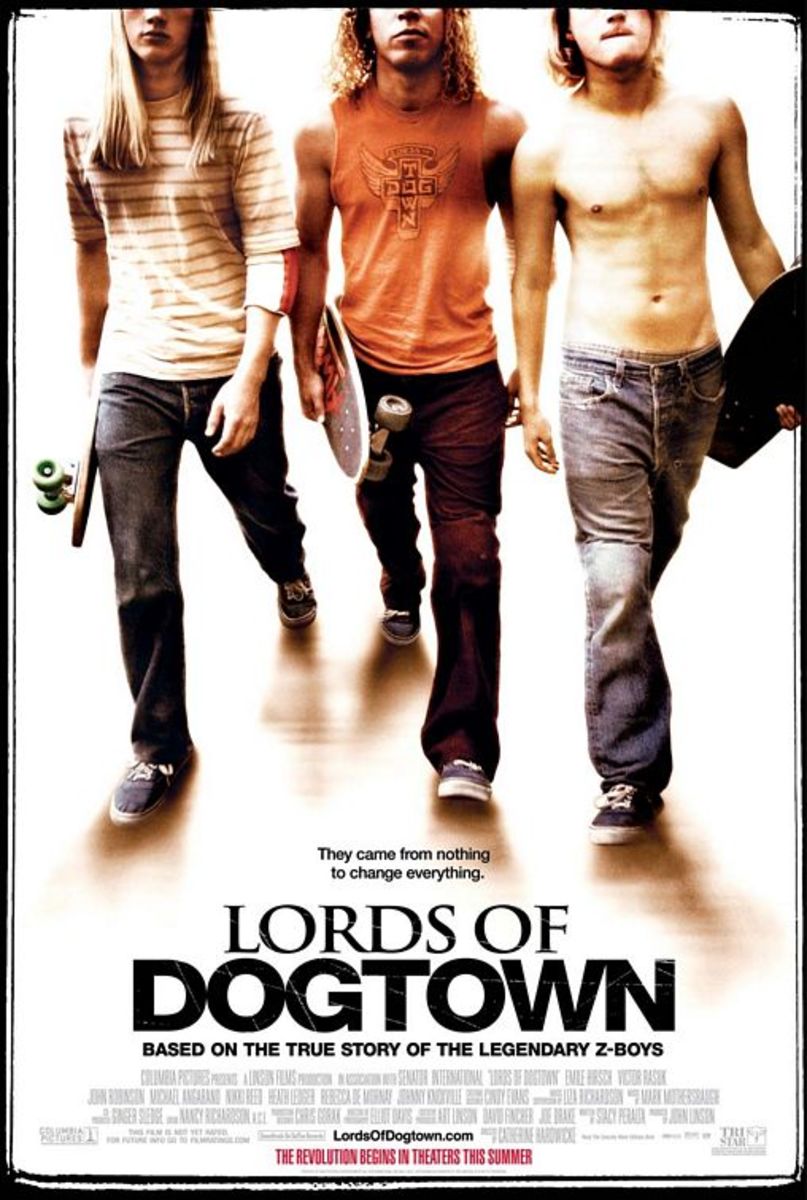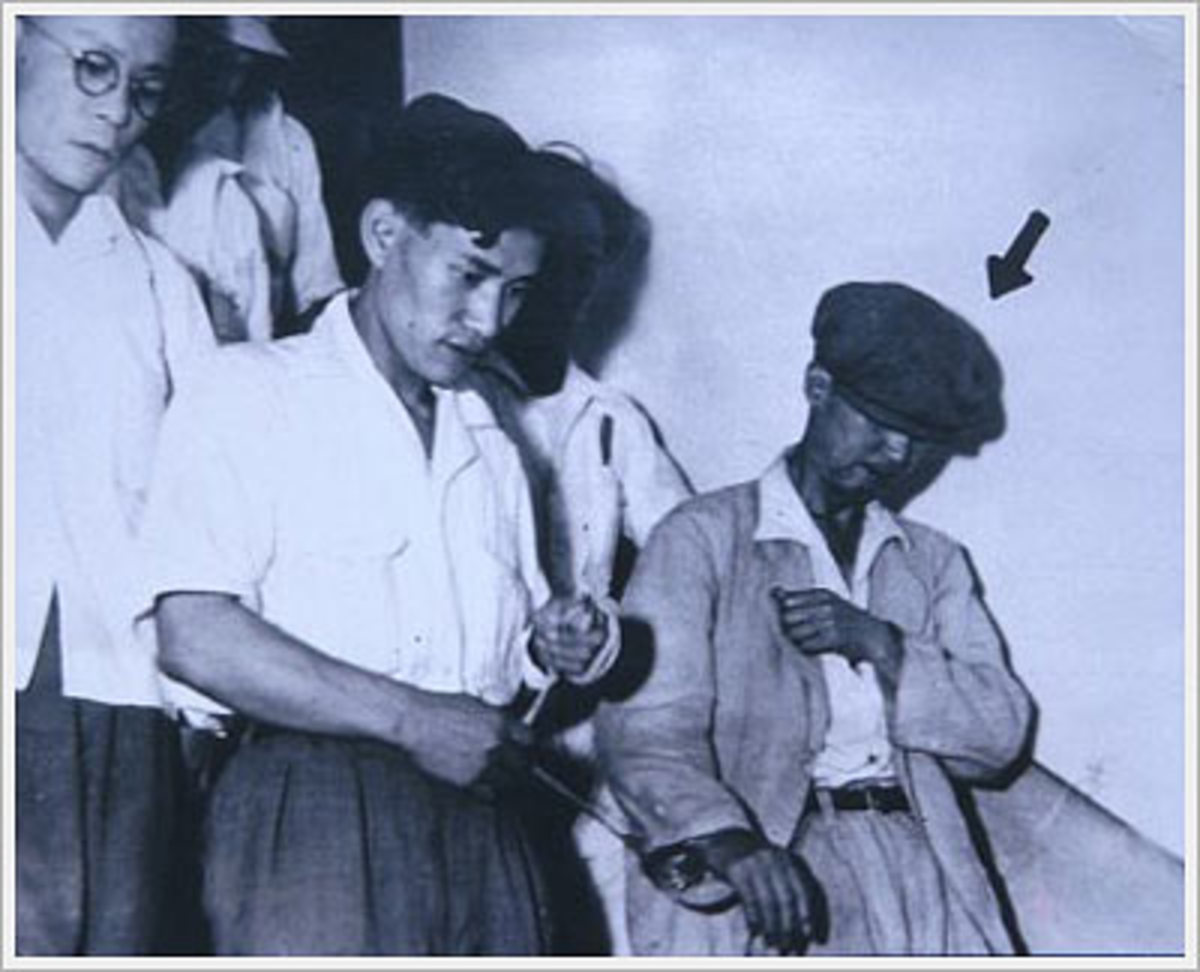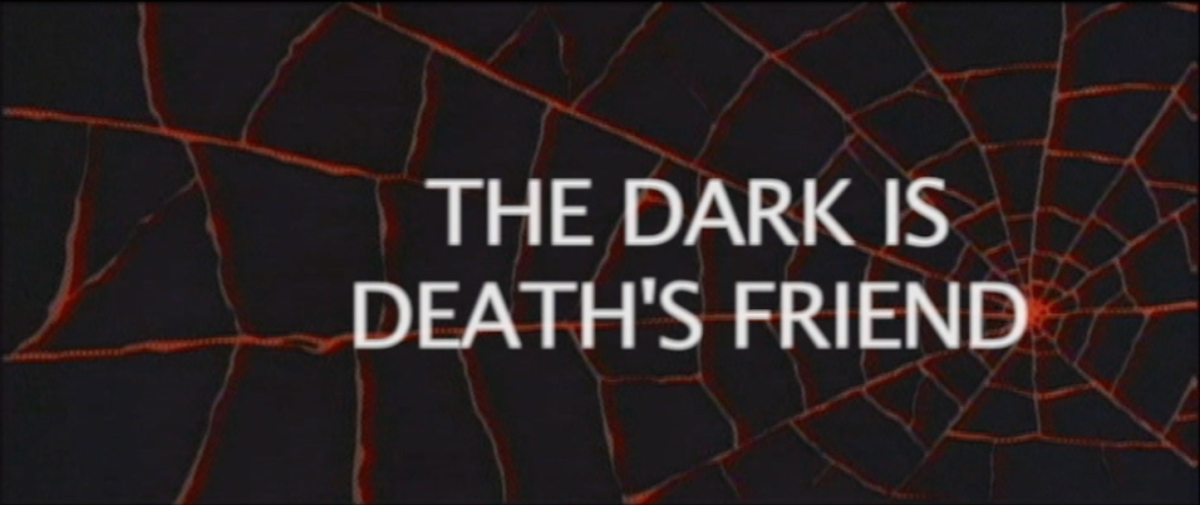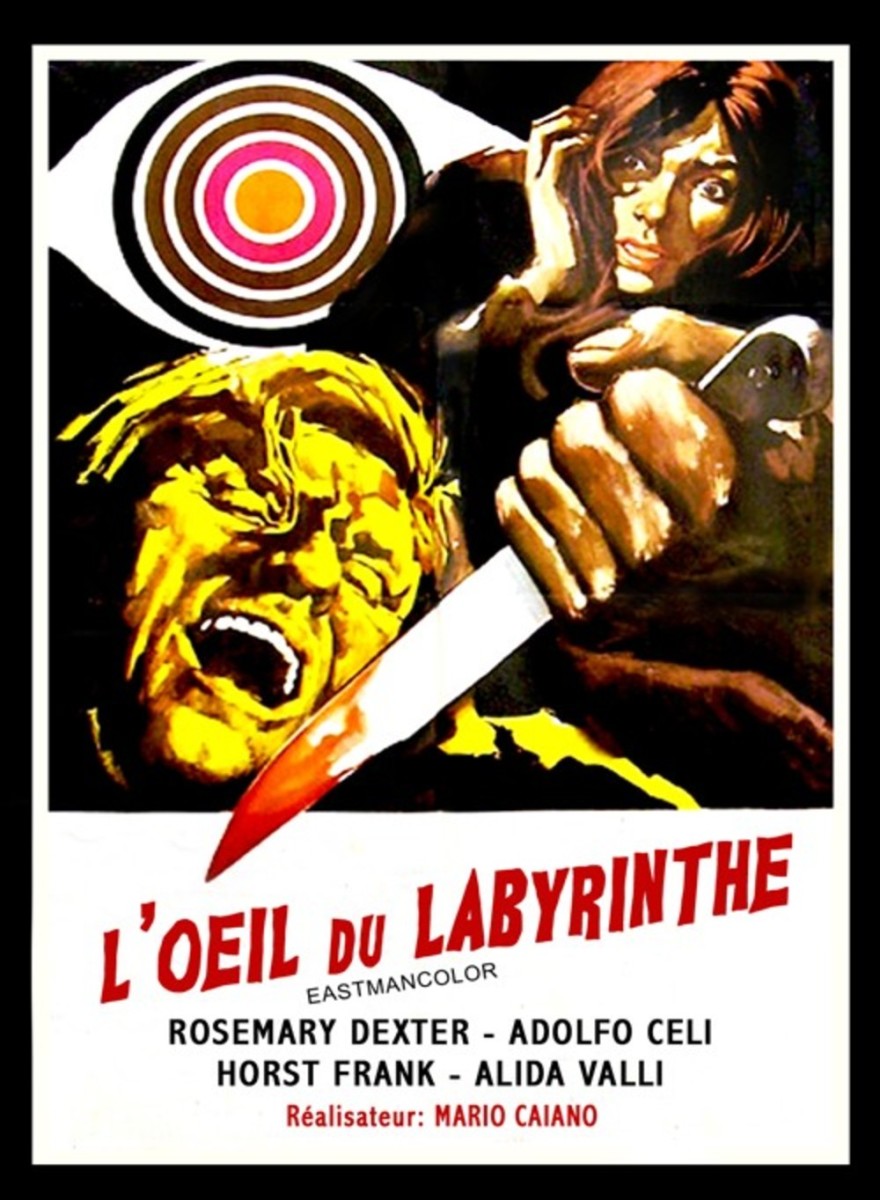Godfather I or Godfather II?

The Godfather (1972) or The Godfather II? Which is better? Which has better quotes? Which has better characters? All of these questions have perplexed filmmaking pitting ‘The Greatest Movie of All-Time” versus “The Greatest Sequel ever made.” The question appears to have been asked as in some cases its been argued on television, podcasts, and even between families and friends. Each film presents three reasons for being better than the other which is what we will be looking into today. As a warning, if you have not seen either one of these films please turn back now as this discussion will contain spoilers. No one likes to be spoiled so do yourself a favor and don’t get spoiled on.

Why Godfather I is the clear choice?
The Godfather (1972) is widely acclaimed as the greatest film ever made in all of television. It does what most films only dream of doing. A film that brings romance, organized crime, family, loyalty, all in one. The film details the Corleone family and its inter-workings. In actuality the film is based on the Gambino family, one of the five families that formed “The Commission.” The family itself has characters that are based on real people but the general consensus of the film is the rise of organized crime following World War II. Organized crime has been in America almost as long as the country has existed. Disputes over who officially began it in America are debatable. However, in the case of the Italian Mafia, the criminal organizations were started by immigrants. Don Vito Corleone was an immigrant himself which represents the issue of how his family began. However, this film depicts the rise of Vito’s youngest son Michael to the throne.
Michael was a World War II veteran who had severed since the war began in 1941. His father ran the Corleone family which had connections within New York and even in some cases Washington D.C. According to various conversations in the film, he was respected and feared by those that did business with him. He was seen by those who borrowed from him as a father figure in most respects. If you have a problem you go to him. Vito ruled by earned respect from those that he ruled as he was not a violent man by nature but had henchman who performed his dirty work. Vito also had two other sons and a daughter other than Michael. His oldest was Sonny, a hot-headed captain in the organization. Fredo, another captain in the regime, and Connie who was simply an associate of the organization but played no role in the family business. Michael was the low man on the totem-pole at the beginning though as his father never saw him involved. The opening chapter of the film follows his quest to rule the family once his father disappeared. It presents very little backstory but is written to depict what was already written in a novel.
Prior to the film, Mario Puzo, an Italian-American author wrote a book titled “The Godfather.” This novel became the basis for the film. However, it is the only guide that the directors and screenwriters had to work with. Although the sequel takes place at the conclusion of the first one, there is very little to go on for it. The film is predominantly made from scratch. There are parts of Part II that take place in Part I but this is not enough to discredit either film. The novel provided a good structure for the film as it broke down the story even further than the film did. However, despite this The Godfather (1972) remains a lengthy movie at just under 3 hours.
What makes The Godfather an important film is that it provides an artsy flair to organized crime. Unlike Goodfellas (1990) or The Departed (2006) there is not so much a focus on the crimes committed but on the family itself. The film depicts crime as an art not so much a violent occurrences. The film was a hit as a result of this. Although violent and predominantly explicit for its time the film provides a more heroic aspect of the mafia and somehow it makes the viewer root for them. The passing of the torch is not so much a sad affair as a more loving affair. It seems that by the end of the film we are stuck between whether we should be excited for Michael or scared for him. Michael is liked by the audience but there is still a darker side to Michael that is revealed in the sequel.

Why Part II is the clear choice
In the sequel to the “greatest film ever made” there is a much longer and deeper story embedded within the Corleone family. The second films does what the first film arguably should have done, it tells the story of Vito. Vito arrived in New York in 1902 after both of his parents were killed as well as his brother. Vito was alone and needed to find a way to make a living being alone as young as he was. The film jumps between his childhood and his eventual rise of creating his own family. The audience is also introduced to many of Vito’s various associates including Clemenza who is important to the first installment. Vito’s rise includes the murder of the current street boss of Little Italy, Don Fanuchi, who ruled Little Italy previously, had been extorting Vito and other Italian immigrants just like him by using force to get as he wished. Vito had enough and decided that in not fearing him he wanted the respect that Fanuchi had failed to gather during his rule. Vito killed him in probably one of the best scenes in film history. The film provides multiple takes as well from discussing Vito’s personal life and the birth of all of his children. It displays a similar rise to his son Michael which is what it seems was intended. Vito taught many things after all to Michael and one of the most important was “Keep your friends close and your enemies closer.”
Coinciding with Vito’s story Michael begins the film as active boss of the family. They still control New York as they had in the initial film. However, they have since moved to Las Vegas just like the actual mafia had in the 1950s. Michael has his own children and as boss now he intends to do what his father never could, go legitimate. Michael appears to be done with crime as he has a family now and he wishes to not involve them with his past. Michael though as a boss possess more territory but his family life hurts. Michael even consults his mother at one point asking how he can “save his family” as he doesn’t want to “lose them.” His mother seems like a worthy guide for this type of question since she put up with his father and the business. Michael though is not an emotional boss and keeps a lot of stresses to himself. It is appropriate for the audience to see that Michael did the wrong thing in trying to make everyone happy. He couldn’t do it and as a result Michael lost everything.
Godfather II (1974) also gives Michael’s more personal touch not only with his wife but with his brother Fredo. Fredo was included in multiple scenes in the first film and is seen as being indecisive and unworthy of controlling the family. Fredo is described as being “slow” but loving. Michael appreciates Fredo, make no mistake, but he sees Fredo as something that in lots of ways holds him back. Fredo even states that Michael “takes care of him” which Fredo sees as him being taken for as weak. From a personal standpoint, it seems that Michael needed to micromanage Fredo’s every move because he was often taken as emotional. After all, emotion is how Sonny Corleone was killed. He did not want the same thing to happen to his brother. However, Fredo betrayed Michael in the film in the most disrespectful way possible, he lied to him. Michael never forgave Fredo for this and it seemed that Fredo weighed on his conscience. Fredo was never the most liked character of the series of he was a character that an audience could feel sorry for because he was simply an errand boy in the family and was a bit of a pushover. Michael did what he could to protect him but Fredo messed it all up.
Conclusion
Personally, #2 is the better film despite its length. It provides background for what happened in the initial film. The reason #1 should be switched is because Michael’s rise should be pushed back arguably to the second film. It seems that the second film could have done some things better but luckily it provides a stronger historical aspect that the initial film does not. The second film gives more details and is a more personal take on the New York Mafia in their golden age.

